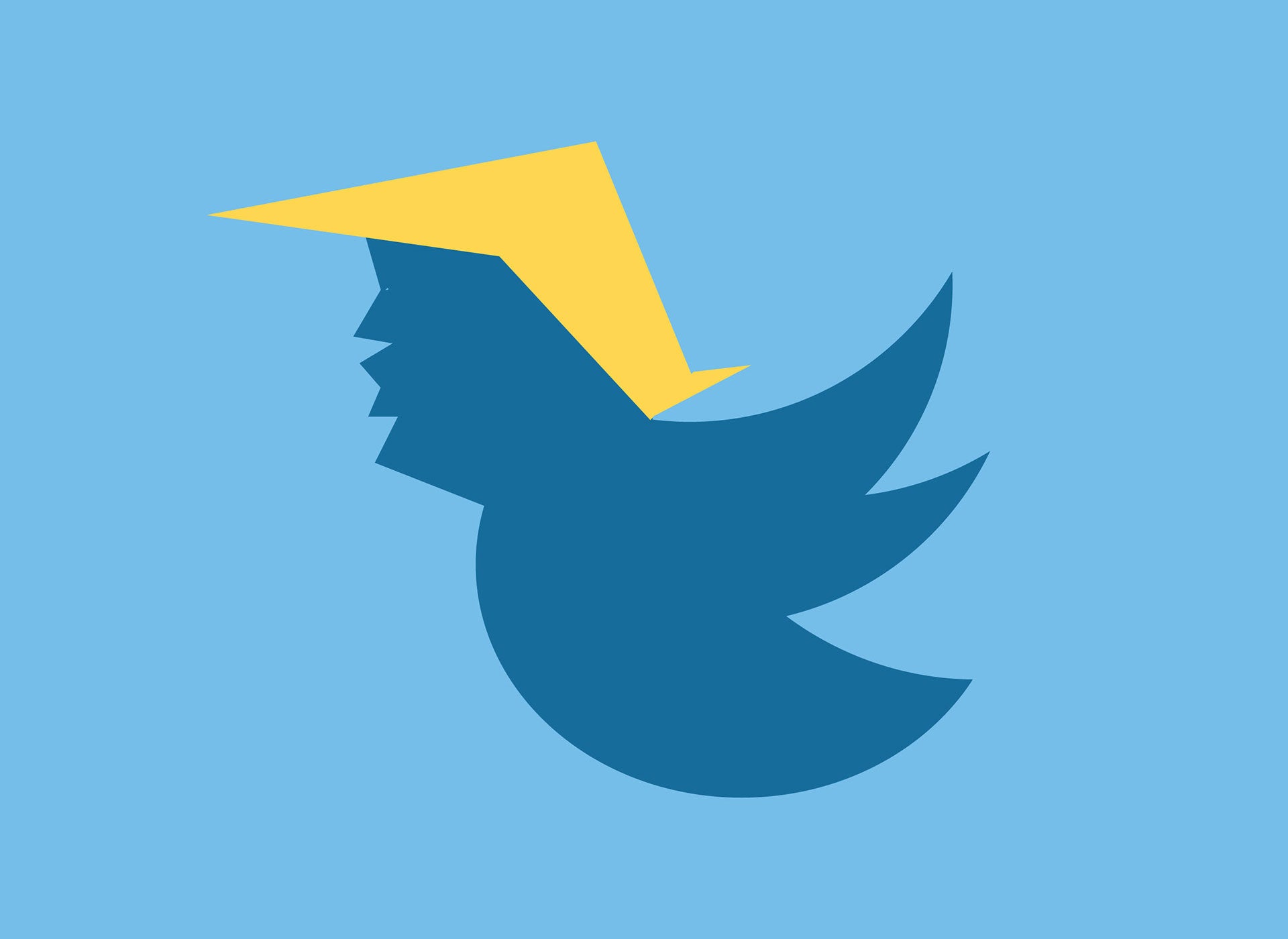
Angered by the addition of fact-checking links to two of his own recent Tweets, President Trump is threatening to make social media companies legally liable for the content posted on their platforms – but the real debate is about censorship and bias.
US President Donald Trump has promised a new executive order to make social media platforms legally responsible for the veracity of their users’ posts.
In the swampy and often confusing era of rampant online fake news dissemination, that sounds like a good idea, doesn’t it? But as with most censorship debates, the back story is more complex.
The order could trigger a change in Section 230 of the US Communications Decency Act – the section that gives tech social media platforms like Facebook and Twitter immunity or legal liability protection for the content created and distributed over their platforms by their users.
To be fair, this content liability debate has been raging for years. But this time the fight is over politically-motivated social media censorship, and it is all turning out to be the paradox of the digital century: who gets to moderate the social media moderators?
Trump vs Twitter: The threat of social media censorship
As just about everyone on the planet is now aware, President Trump makes liberal use of the Twitter platform to broadcast his opinions and intentions, often several times a day, for a broad range of purposes – from venting anger at individuals who have countered or displeased him, to riling or ridiculing leaders of other countries or even firing governmental employees.
How well do you really know your competitors?
Access the most comprehensive Company Profiles on the market, powered by GlobalData. Save hours of research. Gain competitive edge.

Thank you!
Your download email will arrive shortly
Not ready to buy yet? Download a free sample
We are confident about the unique quality of our Company Profiles. However, we want you to make the most beneficial decision for your business, so we offer a free sample that you can download by submitting the below form
By GlobalDataHis tone is often opinionated and frequently inflammatory: Trump’s Tweets have been known to upset the Dow Jones, destabilise longstanding US partnership structures such as the United Nations and make newspaper headlines worldwide.
This latest move however, comes after the addition of fact-checking labels to two Tweets Trump published earlier this week regarding mail-in ballots in California. On Tuesday, Trump tweeted that such mail-in ballots will be “substantially fraudulent” and could even result in a “…Rigged Election”.
On Tuesday, Twitter added a link to each tweet encouraging users to “get the facts about mail-in ballots”.
These links took followers to a Twitter Moments information page running the title, “Trump makes unsubstantiated claim that mail-in ballots will lead to voter fraud”.
In a nutshell – Twitter challenged the veracity of Trump’s tweeted claims.
Trump responded in kind, accusing Twitter of “stifling FREE SPEECH”.
Twitter’s CEO Jack Dorsey was fast to respond, tweeting: “We’ll continue to point out incorrect or disputed information about elections globally … And we will admit to and own any mistakes we make.”
Dorsey’s Silicon Valley peer, Facebook CEO Mark Zuckerberg has come out against both Twitter and Trump’s plan to remove social media platforms’ immunity, claiming in a Fox News interview yesterday that such platforms “shouldn’t be the arbiter of truth of everything that people say online”.
Trump’s executive order censoring social media
The draft of the proposed executive order – which is still to be seen – may well focus in on so-called ‘selective censoring’, a topic that has been widely disputed in Washington over the last year.
Selective censoring or surveillance, such as it is currently practiced in some other countries, places no restrictions on freedom of expression over approved social media platforms per se, but does make those platforms responsible for that content. In practice, it allow both individuals and government agencies to sue those platforms for the content posted by their users.
US tech companies worry any successful application of the executive order could give the Federal Trade Commission greater power in reporting and penalising online bias, potentially following the narrative of Trump’s government which claims that Silicon Valley social media moderates are biased against Republican views and speakers.




